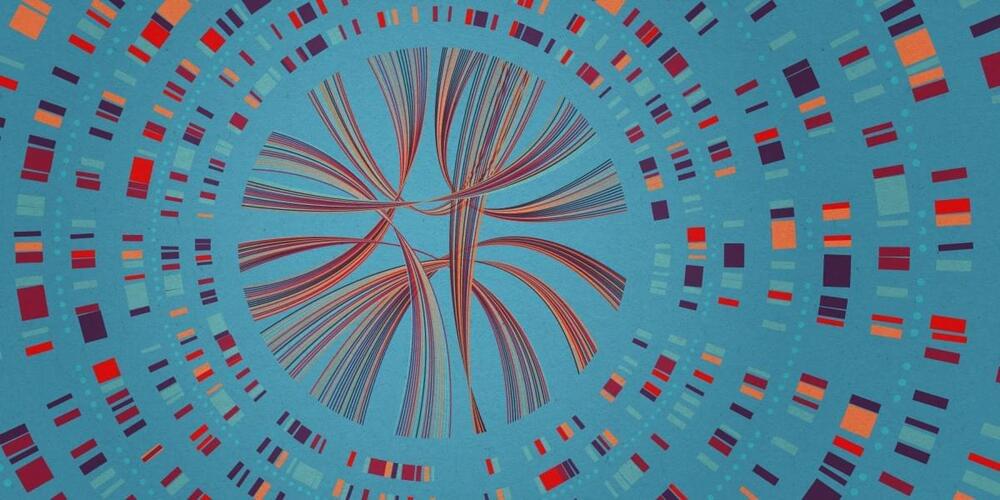“We now understand that having one map of a single human genome cannot adequately represent all of humanity,” says Karen Miga, a professor at the University of California, Santa Cruz, and a participant in the new project.
People’s genomes are largely alike, but it’s the hundreds of thousands of differences, often just single DNA letters, that explain why each of us is unique. The new pangenome, researchers say, should make it possible to observe this diversity in more detail than ever before, highlighting so-called evolutionary hot spots as well as thousands of surprisingly large differences, like deleted, inverted, or duplicated genes, that aren’t observable in conventional studies.










Leave a reply